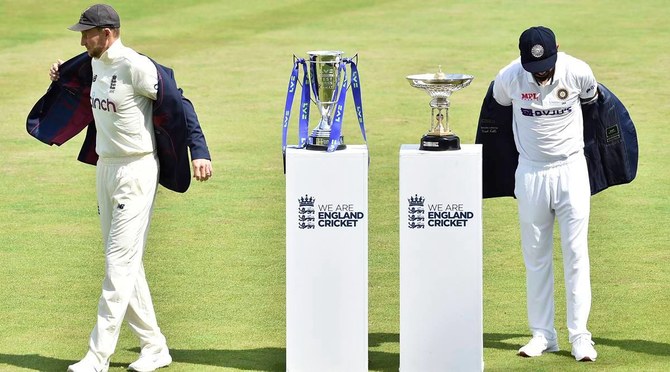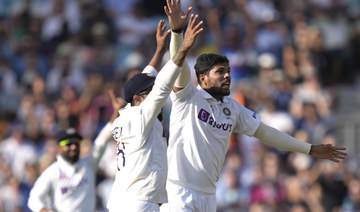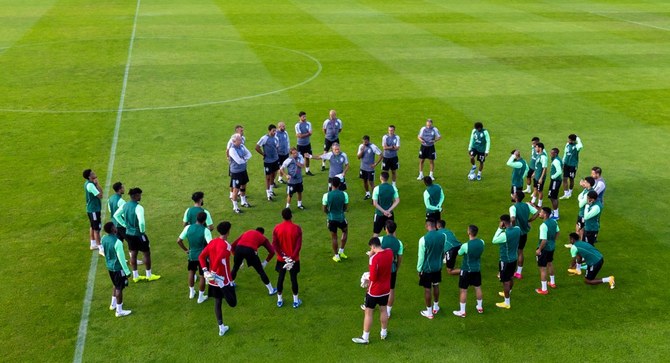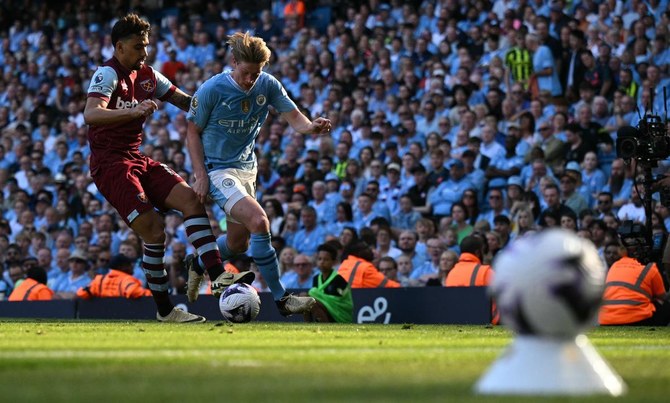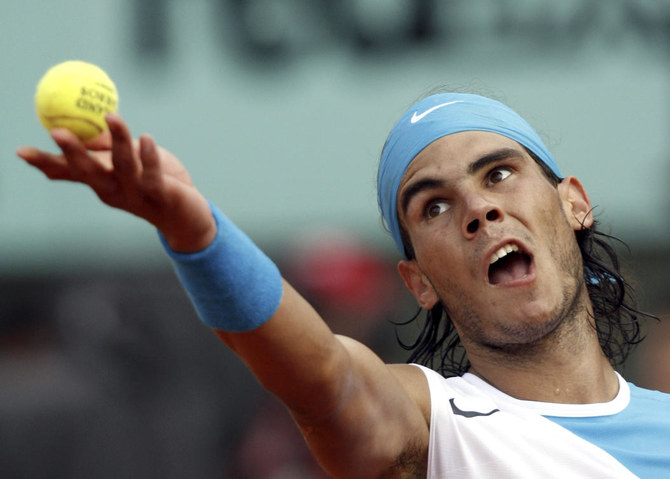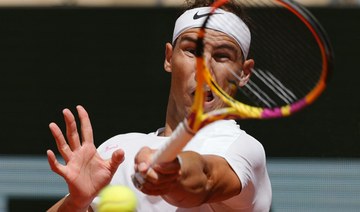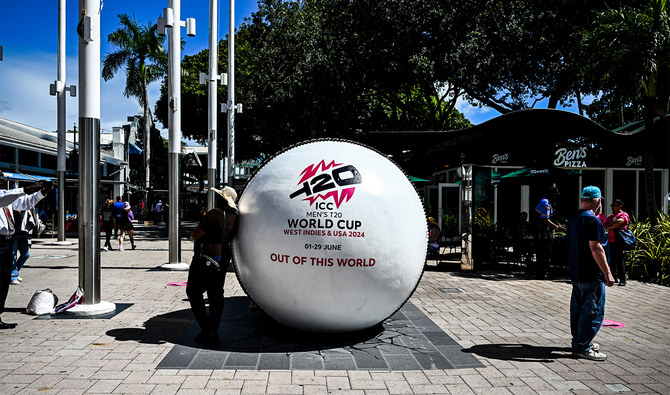Last week’s column set the scene for the final Test match of the England-India series at Old Trafford, in Manchester. With India 2-1 up, expectations rode high. These were cruelly dashed by the extraordinary revelation that the match was being cancelled minutes before the gates were due to open at 9 a.m., because the Indian team was concerned about COVID-19 spreading through its camp.
The repercussions will cast a long shadow, as have past controversies, some of which I will explore to place the current one in context.
The “bodyline” series between Australia and England in 1932-33 was infamous. A plan had been devised by England’s captain, Douglas Jardine, to curb the prodigious run-scoring ability of Australia’s captain, Don Bradman, whereby his fast bowlers directed short-pitched deliveries at the Australian batmen’s upper body, with fielders placed strategically close to take advantage.
At that time, there was no law to limit the number of close fielders behind the batsman on his legside. Such was the outcry against these “bodyline” tactics that the law was subsequently changed to restrict the number of fielders positioned in this way to two. Apart from this change, the political ramifications were immense, exacerbating decades of tensions on the cricket field.
During the third Test, after an Australian batsman suffered a fractured skull, the Australian Board of Control for International Cricket cabled its counterpart in England, describing England’s tactics as “unsportsmanlike.” The situation spiralled and only intervention by Australia’s prime minister saved the series. On their return to England, both Jardine and Larwood, his main exponent of “bodyline,” were disowned by the English cricketing establishment and Larwood was never picked again for England. Ironically, he later emigrated to Australia.
Another controversy that led to a change of law occurred in 1981. Greg Chappell, Australia’s captain, ordered his brother, Trevor, to bowl the last ball of a one-day international against New Zealand, who needed six runs to tie the match, as an underarm delivery. This was allowed under the Laws of the game but rarely, if ever invoked, considered to be against the spirit of the game. There was universal outrage within the cricketing world. Law 21 was revised to state that “Underarm bowling shall not be permitted except by special agreement before the match.”
A practice that some consider to be in the same vein is what has come to be termed “Mankading.” The non-striking bat should remain within the bowling crease until the instant that the bowler would normally be expected to release the ball. If the non-striker moves out of this area prior to that instant the bowler is entitled to break the wicket and appeal for the non-striker to be dismissed. The first person recorded to have taken this action was Vinoo Mankad in a match between Indian and Australia in 1947.
There are conflicting opinions about the propriety of the action. Some say that, by advancing in this manner, the non-striker is taking unfair advantage and is, in effect, cheating. Others say that a polite warning should be issued by the bowler on the first occasion, with the implication that action will be taken if the non-striker repeats the act. As if to prove that Law 41.16 is still in existence, a 16-year-old Cameroon bowler dismissed four non-strikers in a T20 women’s World Cup qualifying match in Botswana this week.
As discussed in previous columns, cricket has been associated with gambling since the 18th century. It has re-surfaced in more recent times. In a rain affected match in January 2000, Hansie Cronje, South Africa’s highly respected captain, offered a surprisingly generous target to England who took advantage to win the match. Later, it emerged that Cronje had accepted payments from bookmakers in a match-fixing scandal. The cricket world was stunned. Cronje was banned for life in 2000, dying in a plane crash in 2002.
South Africa has also been the scene of other controversies. Basil D’Oliveira was defined as “coloured” under the rules of apartheid and was barred from representing the country of his birth. In 1960, he emigrated to England and was selected to play for England in 1966, with whom he performed with distinction. An England tour of South Africa was scheduled for 1968-69. At this time, the England touring parties were selected by the Marylebone Cricket Club.
It is rumoured that pressure was put upon it by the South African government to omit D’Oliveira from the party. Despite scoring 158 in the final Test of 1968, he was omitted. This unleashed a furious backlash generally, and particularly from anti-apartheid campaigners. When, due to injury, one of the originally selected party dropped out, D’Oliveira was re-instated and, once the South African government made it clear that he was not welcome, the tour was cancelled. Thus began the exclusion of South Africa from international cricket, just when its cricket team was laying claim to be the best in the world.
In the wilderness, its government sought to find ways, within the restraints of its own policy, to ameliorate its isolation. One approach was to allow “rebel” tours between 1982 and 1990. These comprised top-class cricketers from England, Sri Lanka, West Indies and Australia but, as the tours were organised and played despite the open disapproval of national cricket boards and governments, many of the players were subsequently banned from playing for their national teams.
Cricket, politics and money have shared some uneasy partnerships, occasionally erupting into controversy, testing the game’s laws and culture. Now, COVID-19’s impact has been added to the mix. Within Law 16.3, it is stated that a match shall be lost by a side which, in the opinion of the umpires, refuses to play. Will the argument prevail that COVID-19 induced conditions transcend the Laws of the game, determining that the match was cancelled rather than forfeited? Upon the outcome depends the recovery or loss of substantial sums of money for English cricket, plus reputational damage. The situation has the potential to erupt, as tensions run high.



